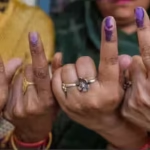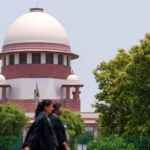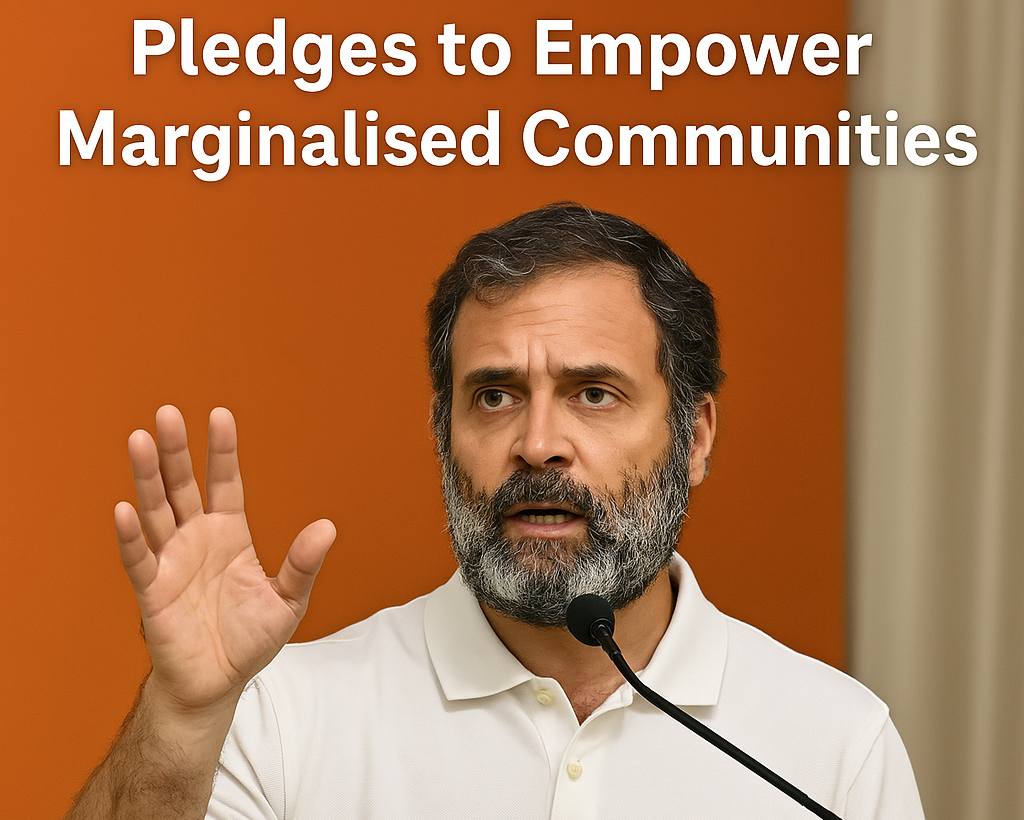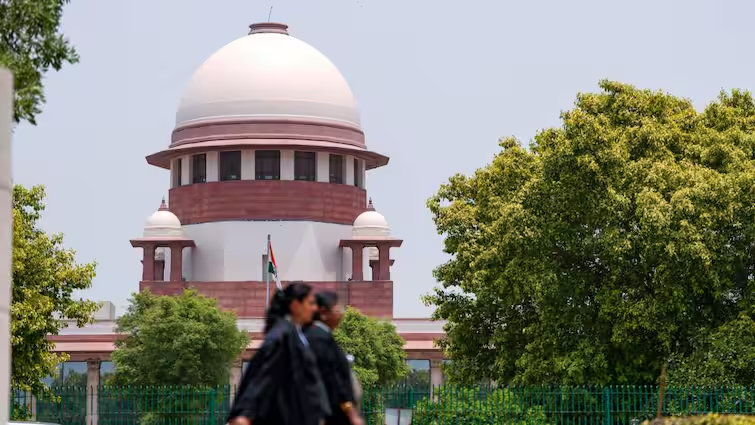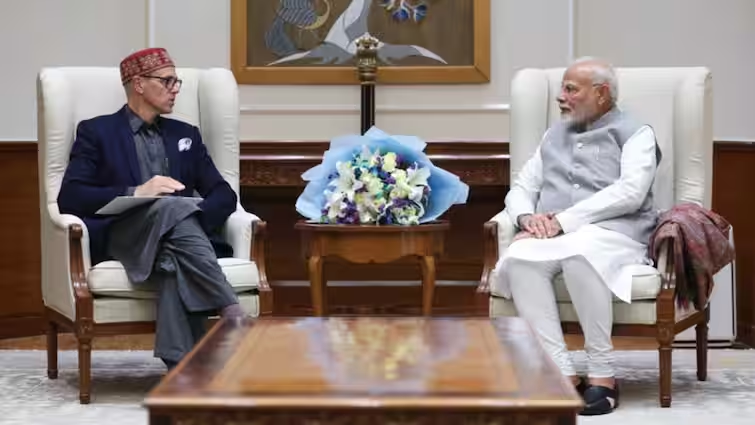Rahul Gandhi Admits Past Lapses in Bihar, Pledges to Empower Marginalised Communities
Patna, April 7 — In a candid and politically charged speech in Bihar’s capital, Congress leader Rahul Gandhi acknowledged past mistakes made by his party in the state and promised a renewed focus on the empowerment of marginalised communities, including SCs, STs, OBCs, and minorities.
Speaking at the “Samvidhan Suraksha Sammelan” (Save the Constitution Symposium), Gandhi didn’t hold back as he addressed party workers, civil society members, and political allies. With the Lok Sabha elections drawing near, the tone was part admission, part battle cry.
“I may be the first person in Congress to say this openly — we didn’t work in Bihar with the commitment we should have,” Gandhi said to loud applause. “But we are learning from our mistakes, and this time we will not fail the people who need us most.”
A System ‘Run by 5%’
Gandhi didn’t just stop at introspection. He turned the spotlight onto the current administration under Prime Minister Narendra Modi. He accused the ruling BJP of fostering a governance model that benefits only a sliver of the population.
“Today, five percent of people run the entire country. And 10-15 individuals control most of the corporate wealth. This is not democracy. This is exclusion.”
The former Congress president painted a stark picture of a nation where the poor remain stuck in menial jobs, while the elite consolidate wealth and power — a system he vowed to change.
Restructuring from Within
Gandhi emphasized internal reforms within the Congress party as proof of intent. He highlighted a recent decision to reconstitute District Congress Committees across Bihar.
“Earlier, nearly two-thirds of these committees were led by upper castes. Now, two-thirds are headed by leaders from deprived backgrounds,” he said, noting that the change came under direct orders from him and Congress President Mallikarjun Kharge.
Echoes from History — and Hope for Change
Calling Bihar “the land of revolutions,” Gandhi noted that this was where many transformative political movements began — from the freedom struggle to the Mandal wave.
“We believe Bihar will once again light the spark of change. We’re here to ensure that this time, no one is left behind.”
The Congress scion has increased his outreach in Bihar, marking his third visit in four months. Earlier in the day, he joined a “Palayan Roko, Naukri Do” (Stop Migration, Give Jobs) padyatra in Begusarai, highlighting the ongoing crisis of unemployment and mass migration from the state.
Though he didn’t speak publicly at Begusarai, the symbolic presence, alongside Congress youth leader Kanhaiya Kumar’s stronghold, was politically telling.
Union Minister Giriraj Singh, who represents Begusarai in Parliament, fired back at Gandhi’s tour.
“He should worry about his own disappearance from people’s minds,” Singh said, calling Gandhi’s campaign “irrelevant” in today’s political climate.
Constitution as Core Ideology
Back at the symposium in Patna, Gandhi’s address turned philosophical. He referred to the Indian Constitution not just as a legal document but a living ideology rooted in ancient Indian thought — from Buddha to Kabir and Guru Nanak to Ambedkar.
“The Constitution isn’t just 70 years old — it’s built on values that are thousands of years old. And this ideology lives on, despite attempts to weaken it.”
He claimed that Prime Minister Modi had been forced to backtrack on bold constitutional claims following pushback from the electorate.
Savarkar vs Gandhi: Ideological Clash
Gandhi drew sharp contrasts between BJP-RSS ideologues and the Congress’s founding figures.
“Vinayak Savarkar, their icon, couldn’t stand the truth. But Mahatma Gandhi and Jawaharlal Nehru embraced truth just as deeply as the Buddha,” he said.
Caste Census Demand Resurfaces
A key thrust of Gandhi’s speech was the demand for a nationwide caste census — a topic that has gained momentum in recent years.
“Just like an X-ray is needed to assess an injury, we need a caste census to understand social inequality,” he argued, criticizing the BJP for resisting it.
He also called for the removal of the 50% ceiling on reservations, promising that the Congress would act on both issues if the ruling government does not.
Youth, Jobs, and the Future
Gandhi illustrated the effects of systemic discrimination with personal anecdotes — from meeting jobless engineers to skilled workers who struggle to find opportunities due to caste barriers.
“Even poor upper-caste youth are struggling now. The problem is not just caste — it’s the unequal system that prioritizes profits over people.”
He lauded the Congress-led government in Telangana for undertaking a caste survey and increasing quotas for the underprivileged — a model he hinted could be replicated nationwide.
What’s Next for Congress in Bihar?
While the road ahead remains steep, Gandhi’s speech was a signal to Congress workers and allies: the party intends to fight with renewed purpose in a state where its influence has long been in decline.
With RJD and the Left as coalition partners, Congress is betting big on the politics of social justice — and trying to strike a chord with voters who feel left behind by both economic policy and political neglect.
Whether the message resonates remains to be seen. But one thing is clear: Rahul Gandhi is not shying away from Bihar anymore.

